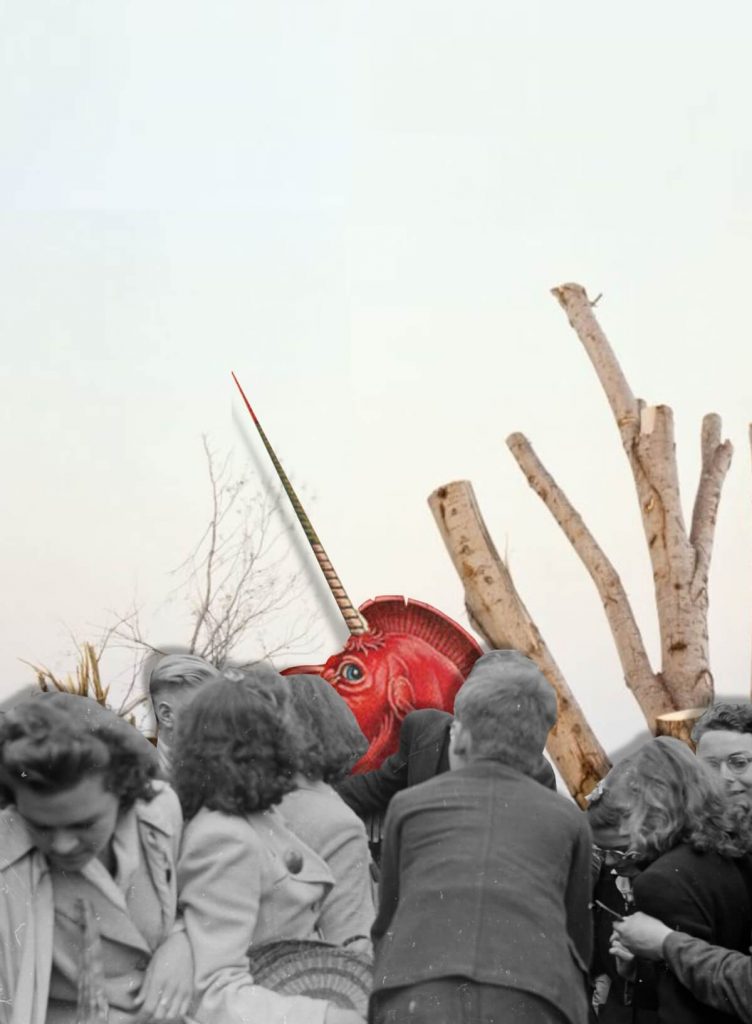Throughout our history, autarky has been an attractive idea for many, and while today’s public debate rarely includes a call to shut down the country and build a self-sufficient utopia, we may occasionally come across attempts to set up parts of the economy independent of external partners. When we ask the average person in the Western world whether their country should have a self-sustaining economy in terms of automobile production, such an individual will probably think we are silly.
However, if we ask them about self-sufficiency in food production, there is a good chance that they will support the idea. In fact, it is easy to understand – food is a commodity we need to live, and in such a situation reason may easily be overcome by fear.
Download full article:
ALEKSY PRZYBYLSKI / POLISH AGRICULTURAL AUTARKY: PLOW THE SUBSIDIES IN!
Moreover, the idea of food autarky is practiced by many countries, including those considered most economically developed or free-market oriented. One example is the United States, where the government is trying to protect its agriculture sector with subsidies and tariffs.
Perhaps the politicians in power are motivated by something other than an attempt to build an agricultural autarky, such as fear of losing the votes of agricultural voters. Whatever their motivation is, one can conclude that they are, de facto, trying to build food self-sufficiency in the countries they lead.
Usually their instruments are tariffs, subsidies, or various types of regulations aimed at favoring domestic agriculture over other economic sectors or twinned with foreign economies. They do nothing about economic theory critical of protectionism, supported by historical evidence of the ineffectiveness of such approaches.
For example, British tariffs and trade restrictions from the first half of the 19th century, known as Corn Laws, were designed to keep the price of grain high in Britain. This had the effect of slowing the growth of other sectors of the British economy by reducing the disposable income of the population due to rising food prices.
Another example where state interference in agriculture led to bad consequences is communist Poland. The economy of the communist bloc was geared for war with the West, so heavy industry was relied upon as well as agriculture.
However, communism is characterized by the fact that it has huge problems with the efficient allocation of resources, because there is no natural process of price formation – in communist Poland, it was not guided by economic rationality, but by political needs and forecasts of public officials. Therefore, when the time came for systemic and economic changes in Poland, agriculture had to change.
The Communist Legacy
Capitalist Poland inherited the mistakes of its communist predecessor. In the late 1980s and early 1990s, the productivity of an average farmer in Poland was very low – they were able to feed about nine people with their labor, while their counterpart in developed countries could support about eighty people.



